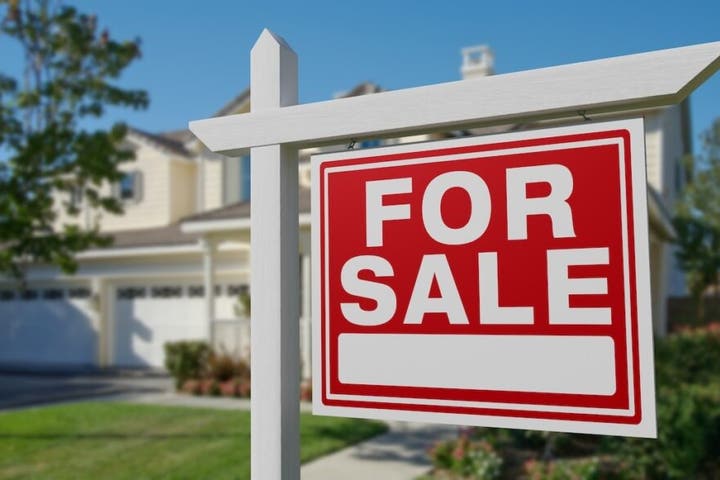Florida Housing Market Faces Unprecedented Slowdown: Sellers Feeling the Pinch in Cape Coral and Fort Myers
Florida’s once red-hot real estate market is showing signs of a significant cooldown, particularly in Southwest Florida cities like Cape Coral and Fort Myers. What was once a seller’s paradise has shifted to a challenging environment marked by slow buyer activity, soaring insurance premiums, and lingering effects from recent hurricanes. Here’s a comprehensive look at why the Sunshine State’s housing market is losing momentum and what it means for homeowners and buyers alike.
The Slowdown in Southwest Florida Real Estate
Southwest Florida’s post-pandemic real estate boom has reversed, with some areas now struggling to attract buyers. Cape Coral, in particular, ranked dead last among midsize U.S. cities in a 2025 real estate market heat map provided by Construction Coverage, which analyzed data from Redfin.
-
Homes Sitting on Market: Properties are staying listed longer than expected. Darleen Strange, frustrated with the market, shared that her mother’s Fort Myers home has been on the market for about 157 days with only four showings.
-
Price Reductions: Realtor Angie Ramos reports increasing price cuts as sellers strive to attract buyers in a subdued market.
- Inventory Surge: Florida boasts over 238,000 homes for sale, reflecting a hefty inventory buildup that is tipping the scales back in favor of buyers.
Why Are Homes Not Selling?
Several factors contribute to the cooling market, turning what was a “sunny” real estate outlook into something stormy:
1. Insurance Premium Hikes
Homeowners face skyrocketing insurance costs, especially related to homeowners and flood insurance after damaging hurricanes like Ian. One Reddit user reported an insurance jump from $6,100 to $7,300 annually, with an additional $8,400 flood insurance cost, creating financial strain.
2. Mortgage Rates and Economic Factors
Higher mortgage rates have reduced buying power. This, combined with inflation and economic uncertainty, has dampened buyer enthusiasm.
3. Hurricane Impact and Repairs
Hurricane Ian’s effects are still fresh, leading to hesitancy among potential buyers even when homes have been repaired. Many sellers are opting to list storm-damaged homes as-is, hoping to exit the market faster.
4. Infrastructure Challenges
Long-term residents report issues such as the lack of city water and sewerage systems in parts of Fort Myers, with connection charges soaring to around $30,000, further discouraging investment.
Voices from the Ground: Real Experiences from Sellers and Locals
-
Tom Pomanti, a Bonita Springs seller, initially priced his home at $850,000 but reduced it to $729,000 without receiving any offers, highlighting how even premium homes struggle to sell.
-
A Reddit user described the local market bluntly: “There’s roughly 4,000 houses for sale in Cape Coral right now. The market is definitely flat… It’s an effing mess.”
- Another user shared a sobering take: “Canadians are selling and leaving their US winter houses… people born and raised here can’t afford to live here anymore.”
How Does This Compare Nationwide?
While Florida’s housing market cools, other regions like the Midwest and Northeast continue to experience bidding wars and price hikes. The contrast signals regional market divergence and reflects the unique challenges Florida faces.
What Does This Mean for Buyers and Sellers?
For Sellers:
- Pricing Strategically: Expect to reduce prices multiple times to attract offers.
- Anticipate Longer Listing Periods: Homes may stay on the market for months.
- Plan for Financial Impact: Rising insurance and holding costs add pressure.
For Buyers:
- Increased Negotiation Power: Growing inventory and slower sales give buyers leverage.
- Evaluate Insurance Costs Carefully: Factor in rising premiums when calculating affordability.
Conclusion: Is the Florida Real Estate Dream Fading?
Florida’s housing market is at a crossroads. For homeowners like Darleen Strange, selling is urgent to fund healthcare needs, yet the market offers little relief. The combination of high insurance costs, lingering hurricane effects, and economic headwinds has transformed Florida’s real estate from a fast-moving boom to a slow, uncertain slog.
If you’re considering buying or selling in the Sunshine State, it’s crucial to stay informed about these factors shaping today’s market dynamics.
Related Resources:
- Learn more about how hurricane damage affects home insurance
- Stay updated with Redfin’s housing market data
- Explore strategies for navigating high mortgage rates
Image Credit: Shutterstock


